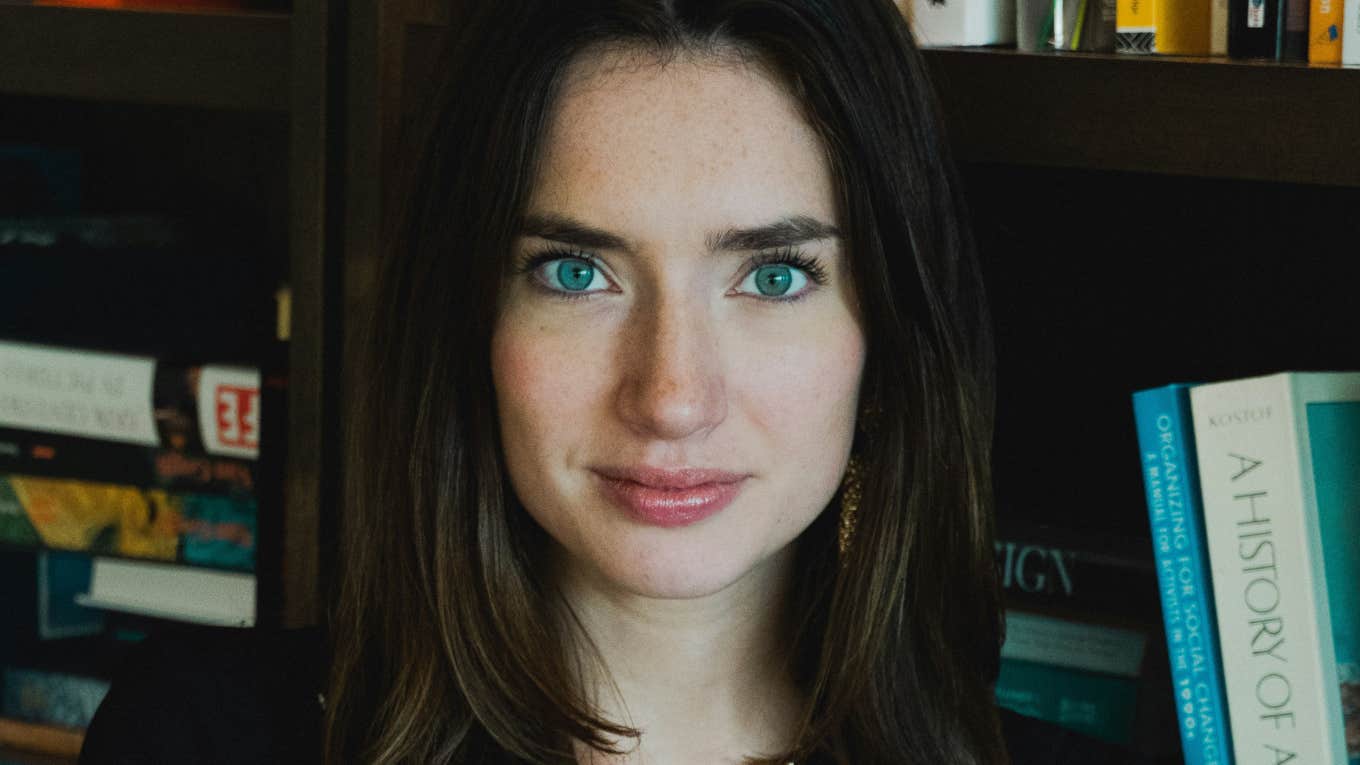I Stopped Trying To 'Crack' Interviews — And Got Hired Instantly
The difference between performing in interviews and building a vision for the future.
 Maxwell Gold | Unsplash
Maxwell Gold | Unsplash Over years of school and then subsequent job hunts, we start internalizing that job interviews are performances — carefully choreographed to match the rhythm of the organization we seek to join.
Like an actor preparing for a movie, it starts by polishing the resume, rehearsing the script of our achievements, and strategizing how to present our best selves. This keeps getting reinforced through countless LinkedIn posts and career advice articles.
But sometimes wisdom finds you in unexpected ways. Recently, watching my mentor navigate his job search shattered this long-held notion.
While I expected to see the familiar preparation ritual — the mock interviews, the company research, the case study presentations, the carefully crafted responses — what I witnessed instead was something entirely different.
I found myself helping him prepare for a case study presentation. He needed to present an analysis of the industry context and recommend the way forward for the organization. It involved an industry outside his immediate expertise, a situation that would’ve sent me into a spiral of frantic research and anxious preparation.
Yet his approach was almost jarringly calm. I was worried about his need to master industry trends and metrics and saw gaps in knowledge that needed to be filled, he saw spaces where vision could flourish.
‘The trends will change,’ he said, picking up just enough to understand the landscape. ‘What matters is what we build with them.’
My mentor approached each conversation not as an examination to ace, but as an architect approaching a new site — with vision, curiosity, and a blueprint for what could be built there.
When we focus solely on ‘cracking’ interviews, we might land roles that look good on paper but don’t align with our deeper aspirations.
 Ground Picture / Shutterstock
Ground Picture / Shutterstock
Legacy vs. Performance: The Long Game of Career Building
My mentor was not focused on proving his worth — decades of impactful work had already done that. Each interview to him was less about answering questions and more about exploring if his blueprint for the future aligned with the canvas the company offered.
It reminds me of the difference between a traveler checking into a hotel and an architect surveying land for a home. The traveler focuses on making a good impression to secure a comfortable room for the night.
The architect, however, looks deeper — at the soil, the surroundings, and the potential for what could be built there over the years. What this taught me is the evolution needed as we progress in our careers.
- Early in our careers, when we’re looking to join teams where the vision and direction are already set, approach 1 i.e. treating the interview as a test makes sense — we need to show we can execute what needs to be done.
- However, as we evolve our role changes. We need to evolve into architects who can present their blueprints. The conversation thus is about future possibilities.
When we focus solely on ‘cracking’ interviews, we might land roles that look good on paper but don’t align with our deeper aspirations. We might find ourselves in buildings we didn’t design, trying to make homes in spaces that weren’t meant for our dreams.
The Mirror of Growth: Reflecting on my journey
As I sit here writing this, preparing for my upcoming performance review, I find myself pausing. How many times have I approached career conversations focusing on proving what I’ve done rather than sharing what I dream of building? How often have I let the need to appear expert overshadow the power of being a visionary?
Perhaps the true measure of professional growth isn’t in how well we can perform in these moments of evaluation, but in how confidently we can share our vision for the future. In watching my mentor, I realized that the most compelling story we can tell isn’t about our past achievements, but about the futures we can imagine and help create.
Anu Mishra is a strategy and growth professional at the world’s largest telecom company during the week and a storyteller on the weekends.

